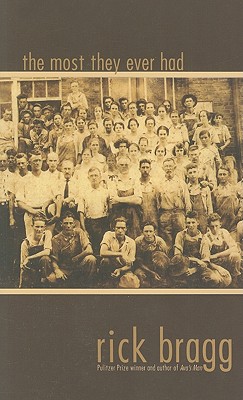
description
3In the spring of 2001, a community of people in the Appalachian foothills of northern Alabama had come to the edge of all they had ever known. Across the South, padlocks and logging chains bound the doors of silent mills, and it seemed a miracle to blue-collar people in Jacksonville that their mill still bit, shook, and roared. The century-old hardwood floors still trembled under whirling steel, and people worked on, in a mist of white air. The mill had become almost a living thing, rewarding the hardworking and careful with the best payday they ever had, but punishing the careless and clumsy, taking a finger, a hand, more. The mill was here before the automobile, before the flying machine, and the mill workers served it even as it filled their lungs with lint and shortened their lives. In return, it let them live in stiff-necked dignity in the hills of their fathers. So, when death did come, no one had to ship their bodies home on a train. This is a mill story--not of bricks, steel, and cotton, but of the people who suffered it to live.
member goods
No member items were found under this heading.
Return Policy
All sales are final
Shipping
No special shipping considerations available.
Shipping fees determined at checkout.







